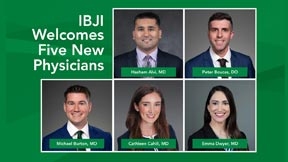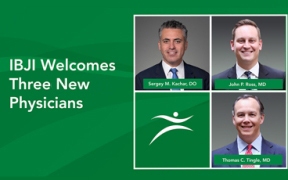This blog post is a continued response to the September 12th 2016 New York Times article “How the Sugar Industry Shifted Blame to Fat”. You may access the original article here.
It seems almost too diabolical to be true. The sugar industry essentially bribes scientists to discredit the link between sugar and heart disease. The scientists, once bribed, instead demonize fat. That alone would be bad enough. Yet to top it off, one of the scientists who was paid off ends up at the US Department of Agriculture, where in 1977 dietary guidelines promoting carbohydrate consumption and warning of fat consumption were published. Though not yet proven, I cannot help but conclude that the obesity epidemic that we have been plagued with since the 1980s is a direct result of these USDA guidelines — or better yet, “misguidelines.’
As an orthopedist, I see many patients who suffer daily from joint or back pain due to weight gain. I always try to reassure them that it’s not their fault. Instead, they have been the victims of incredibly bad advice. I tell patients routinely that a breakfast of low fat yogurt, granola, and an 8 oz glass of apple juice sure sounds like a healthy breakfast. But that breakfast contains 16 teaspoons of sugar! Imagine going to the sugar jar, and swallowing 16 teaspoons of sugar! This article supports the notion that not only have we been following incredibly bad advice, we have been following crooked advice. Published evidence has been mounting for the past decade of the ill effects of sugar. Yet this was recognized by the sugar industry almost FIFTY YEARS AGO. It should make us all very angry.
Fortunately, there have been improvements in how research is conducted and reported. Sources of funding are required to be disclosed, so that these types of conflict of interests can be minimized. Yet there will always be biases and influences in science, particularly for research as difficult as nutrition science. There are just too many variables tocontrol. But for public safety, we have to be sure, and reassured, that the science that we are basing dietary recommendations is sound…. and free of influence.
Written by Dr. Eric Chehab MD, IBJI Orthopedic Surgeon, OrthoHealth Clinical Lead




